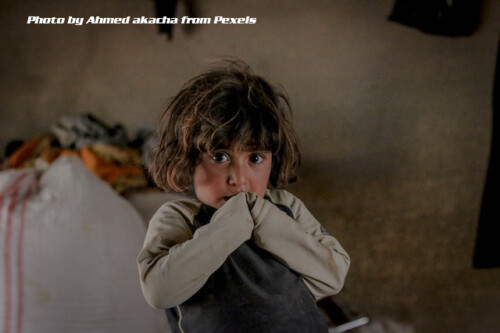The Effects on Children Growing up in Poverty
By Editorial Team AI
Introduction
Growing up in poverty can have significant and long-lasting effects on children’s development and well-being. Poverty is defined as a lack of resources, including financial, educational, and social support, that affects a person’s ability to meet their basic needs. In this report, we will discuss the effects of poverty on children’s physical and mental health, educational outcomes, and future prospects.
Physical Health Effects
Children who grow up in poverty are more likely to experience health problems, including malnutrition, chronic illnesses, and developmental delays. They may also have limited access to healthcare and preventive services, which can exacerbate health issues. Poverty can also increase the risk of exposure to environmental hazards such as lead, pollution, and toxins, which can have lifelong effects on health.
Mental Health Effects
Children growing up in poverty are at increased risk of experiencing mental health problems such as anxiety, depression, and behavioral disorders. This may be due to the chronic stress associated with poverty, including financial insecurity, unstable housing, and exposure to violence or trauma. Poverty can also limit a child’s access to mental health services, exacerbating the problem.
Educational Outcomes
Poverty can have a significant impact on a child’s educational outcomes. Children from low-income families are more likely to struggle academically, have lower levels of literacy and numeracy, and be at risk of dropping out of school. This is often due to a lack of access to high-quality education, resources, and support, as well as the stress and instability associated with poverty.
Future Prospects
Growing up in poverty can limit a child’s future prospects in a number of ways. Children from low-income families are less likely to attend college, have lower earning potential, and are at greater risk of unemployment and poverty in adulthood. They may also be more likely to experience social isolation and poor health outcomes throughout their lives.
Conclusion
Growing up in poverty can have significant and long-lasting effects on children’s physical and mental health, educational outcomes, and future prospects. Addressing the root causes of poverty, including income inequality, lack of access to healthcare and education, and structural barriers, is essential to improving outcomes for children and families. Additionally, providing resources and support to families and children living in poverty, such as quality education, access to healthcare, and mental health services, can help mitigate the negative effects of poverty on children’s development and well-being.

